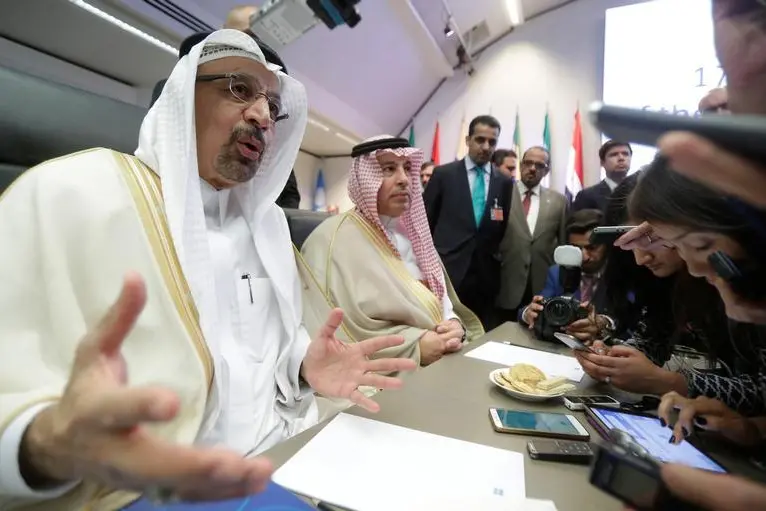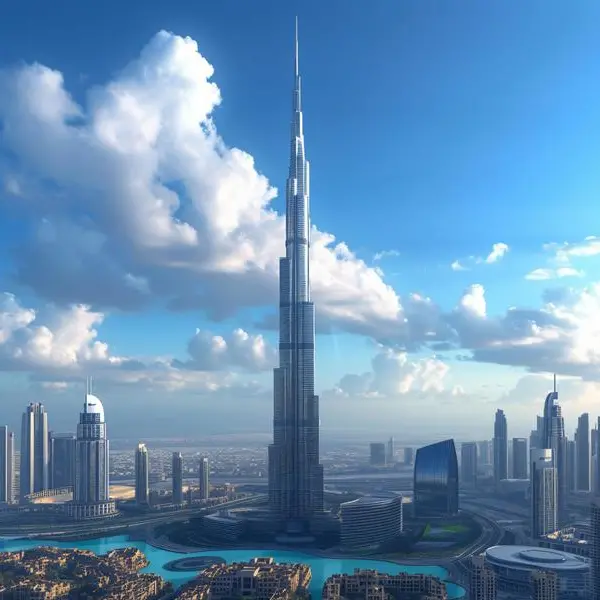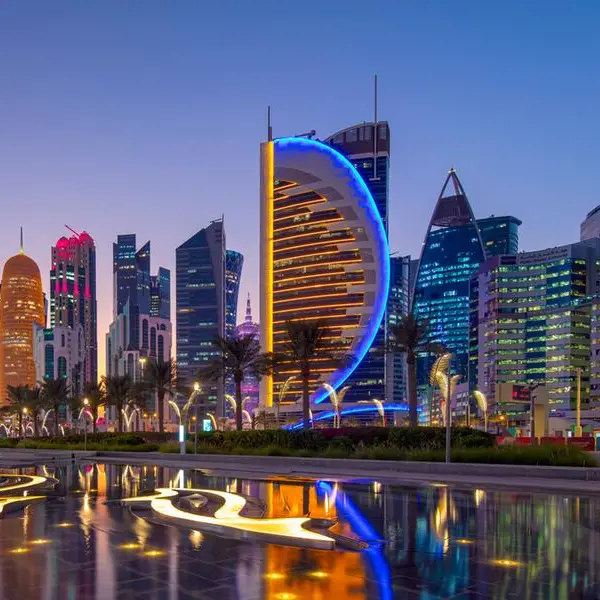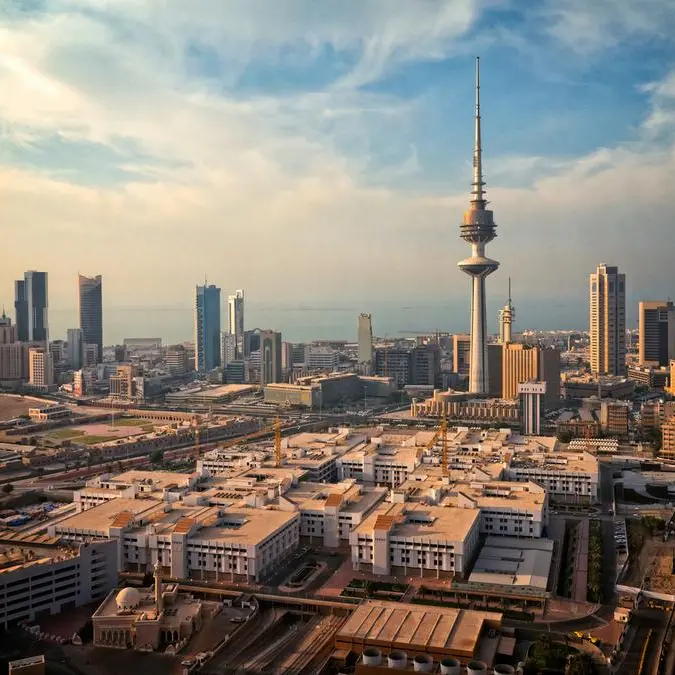PHOTO
RIYADH — Saudi Investment Minister Khaled Al Falih expected investments of up to $600 billion in the Kingdom’s petrochemical sector by 2030.
Speaking at the Saudi-Japanese Investment Forum hosted in Riyadh on Monday, the minister announced the signing of 14 agreements and memorandums of understanding between Saudi and Japanese entities during the forum.
These agreements span various sectors, including water, telecommunications, information technology, energy, financial services, and healthcare.
Al Falih noted that 45 major Japanese companies are participating in the forum, which will showcase promising opportunities for these companies to engage in large-scale projects in the Kingdom, such as NEOM and the Red Sea project.
He highlighted that the Japanese delegation includes 14 startups with unique technologies capable of transforming entire industries.
“The Kingdom welcomes these startups into its market, supported by reliable funding sources, as part of Saudi efforts to foster entrepreneurship and technology and harness the benefits of the digital revolution.”
The minister mentioned the increasing demand for borrowing in the Kingdom, exceeding $1.5 trillion. Japanese banks and asset managers continue to contribute to this.
Al Falih remarked that the Saudi stock market, Tadawul, would continue its growth journey started over the past six years.
He anticipated opportunities worth $1.7 trillion in the Saudi financial market, both in debt instruments and equities, creating numerous prospects for the Japanese financial sector in Saudi Arabia.
He also referred to the energy sector as a fundamental pillar of Saudi-Japanese relations for the past seventy years.
Saudi Arabia has been a primary and reliable supplier of oil and liquefied gas to Japan through significant economic stages post-World War II and various global economic shocks.
“We will continue our joint investment and partnership in developing the hydrocarbon sector while looking forward to expanding our joint ventures in the future of new energy,” he added.
Al Falih mentioned that Japan formulated the world’s first national hydrogen strategy in 2017, aiming to increase hydrogen supplies to 12 million tons annually by 2040.
Conversely, Saudi Arabia is determined to become the world’s largest center for clean hydrogen production and export, with Japan being the first recipient of the Kingdom’s blue ammonia shipment.
Japan is recognized as one of the world’s most important countries in petrochemicals and manufacturing industries due to its diverse technologies in these sectors.
He also highlighted Japan’s prominence in shipbuilding and its role in developing advanced technologies and industries. Japan has demonstrated its leadership by constructing the world’s first liquefied hydrogen carrier ship.
“Therefore, we look forward to transferring shipbuilding technology and knowledge and utilizing Saudi Arabia’s competitive advantages and excellent infrastructure in the industrial city of Ras Al-Khair, a special area related to maritime industries,” he said.
Al Falih acknowledged the global challenges in supply chains in recent years, coinciding with energy, environmental, and technological transitions.
Therefore, Saudi Arabia launched the Global Supply Chain Resilience Initiative (GSCRI) to enhance the Kingdom’s role as a major contributor to global supply chain resilience.
This includes a diverse incentive system targeting quality investments in advanced industrial sectors such as electric vehicles, healthcare, medical devices, semiconductors, electronic chip manufacturing, and others.
He mentioned that the Kingdom launched economic cities and special zones, offering the best regulatory frameworks and unprecedented incentives for investors, enabling invested companies to accelerate their growth and integrate into regional and global markets.
© Copyright 2022 The Saudi Gazette. All Rights Reserved. Provided by SyndiGate Media Inc. (Syndigate.info).





















